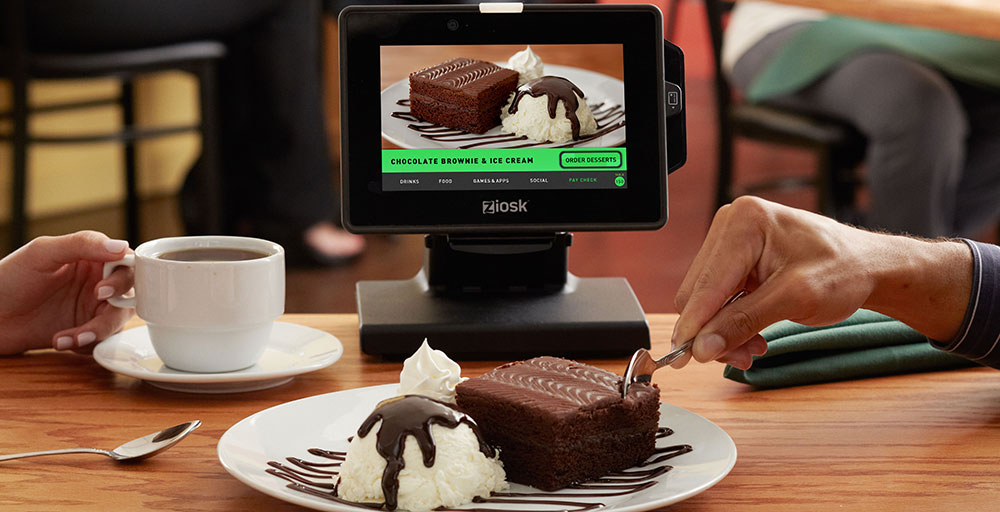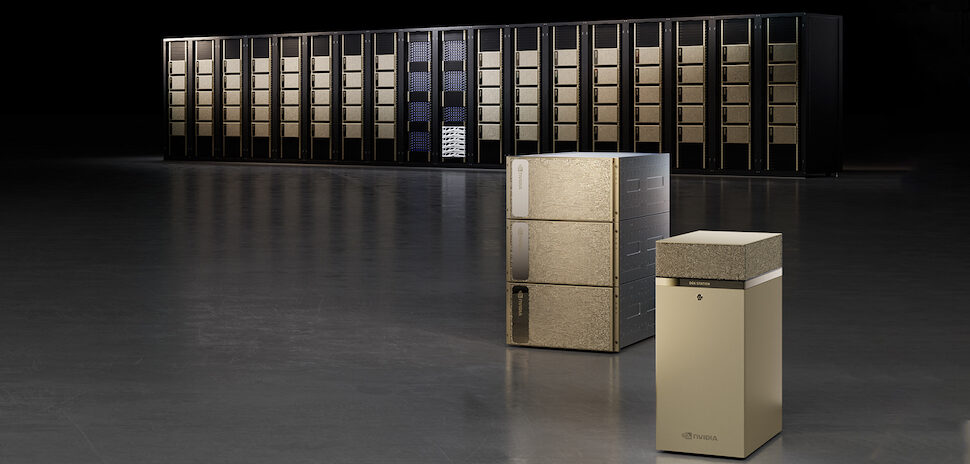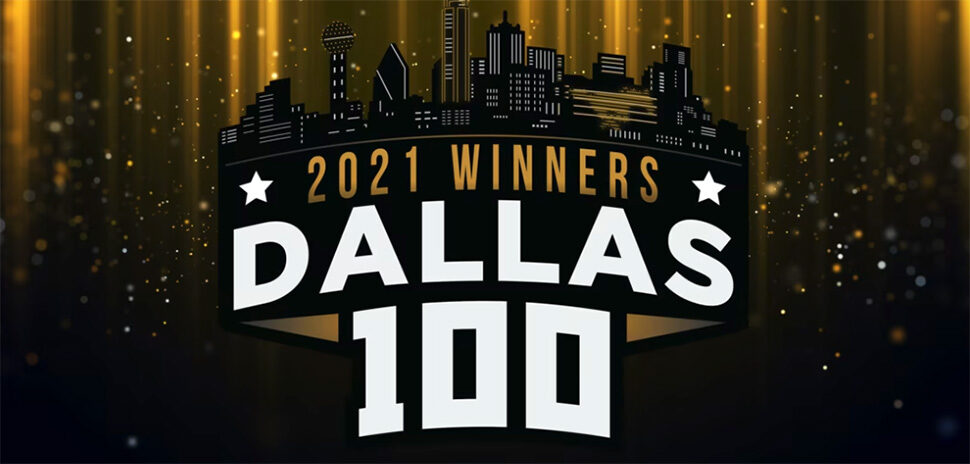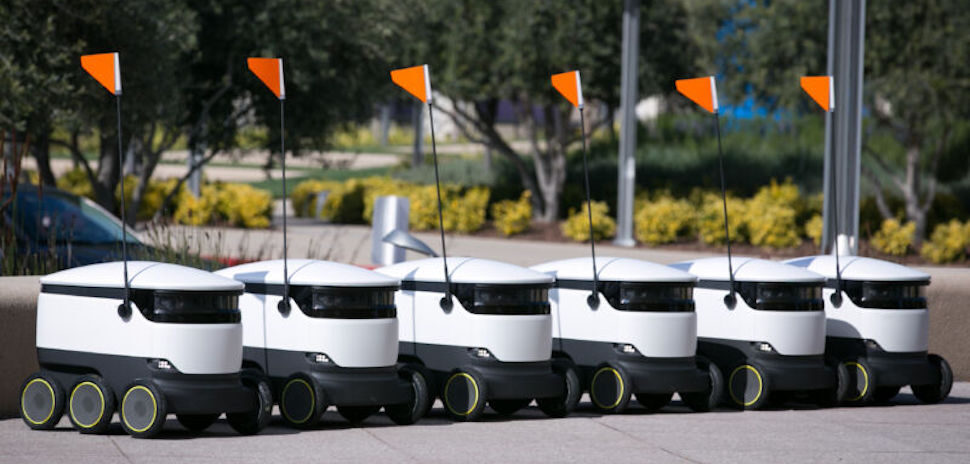There are two kinds of patrons at casual dining restaurants: those who enjoy the interactive tablets now found on tables at such eateries nationwide and those who can’t stand them. No matter which type you are—whether you eagerly use such devices or you place them on the floor until your meal is finished—you may be interested to know that they originated in Dallas, specifically in a class at Southern Methodist University.
Although Ziosk’s devices offer games, entertainment, and the opportunity to order additional food and drinks, their original and fundamental function was allowing people to pay their tabs in a timely manner.
Jack Baum, a serial restaurant entrepreneur, was teaching a class as part of the executive MBA program at SMU, and he issued a challenge to his students. How do you solve the problem of paying your check when you can’t find your server? Baum and three of his students—Viren Balar, Shawn Gentry, and Raymond Howard—came up with a solution that led to the founding of Ziosk, a Dallas-based company whose tablets are now in almost all Chili’s, Olive Garden, and Red Robin restaurants in the United States.
Although Ziosk’s devices offer games, entertainment, and the opportunity to order additional food and drinks, their original and fundamental function was allowing people to pay their tabs in a timely manner.
“It’s Friday night and you want to go to a movie and you’re at Chili’s, and you can’t find the server because the place is packed and there’s a line of people trying to get in the door,” says John Regal, Ziosk’s chief strategy officer. “It just doesn’t make any sense why it takes 10 minutes to pay your check, when clearly everybody wants you to have a quick exit from the restaurant, so more people can sit down and not have to wait, and you can go off and go see your movie. That solution didn’t exist, and that’s where Ziosk was born.”
Ziosk’s largest customer is Dallas-based Chili’s, with roughly 60,000 devices deployed in 1,250 of the chain’s restaurants. Wade Allen, Chili’s vice president of digital innovation and customer engagement, says there was some initial trepidation from servers who thought Ziosk’s tablets would eliminate their jobs. But Allen says servers now view the devices as assistants rather than replacements, because they take certain tasks off a server’s plate, such as scanning coupons, checking on whether drinks need to be refilled, and taking payment.
“You can’t replace the human interaction, that human personality, and that kind of element of service,” Allen says. “Some of the lighter-weight stuff, some of the mundane tasks, most servers would love to do without. They’re happy giving those up, because that’s not where their money’s made. It’s really with the interactivity with that guest and being able to serve them and provide a good experience.”
Regal says Ziosk’s studies show servers’ tips go up 10 to 15 percent after the tablets are deployed, because the negative experience of not being able to pay is eliminated. It also helps that the device’s tip calculator is defaulted to 20 percent.
“You can’t replace the human interaction, that human personality, and that kind of element of service,” Allen says. “Some of the lighter-weight stuff, some of the mundane tasks, most servers would love to do without. They’re happy giving those up, because that’s not where their money’s made. It’s really with the interactivity with that guest and being able to serve them and provide a good experience.”
But how does Ziosk make its money? The company provides the hardware and wireless infrastructure in a restaurant for a monthly service fee, and it also charges other companies to advertise on the devices’ screens. Additionally, patrons are charged one or two dollars for games and entertainment on the tablets. That money helps the restaurant cover the service fee, and then Ziosk and the restaurant split any profits beyond that.
The relationship between Ziosk and Chili’s began in 2013, with a complete rollout enacted by the following summer. Allen says Chili’s tested Ziosk’s tablets against those made by other competitors, but Ziosk came out ahead in terms of the interactivity, the functionality, and the seamlessness of the user experience.
“We’re really the only company that’s successfully deployed, in scale, a complete solution,” Regal says.































